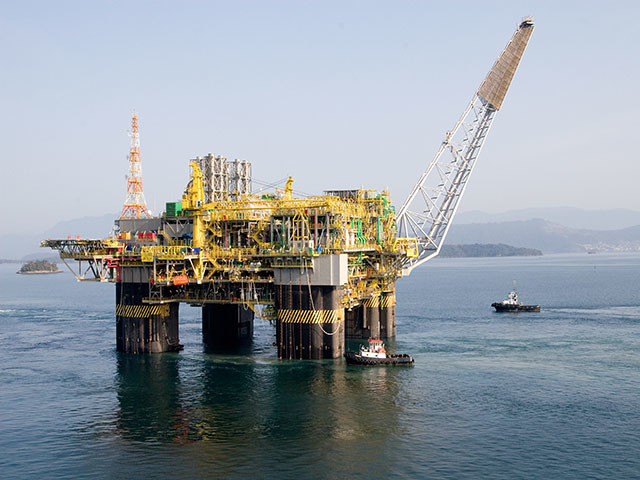
Brazil has a “For Sale” sign in its front yard.
Saddled with debt and an economic downturn, companies from builders to miners are opening their doors to bargain hunters. The government, aiming to win back investors and stave off a ratings downgrade, may back as much as 20 billion reais ($6.3 billion) in IPOs by state-run companies this year. Together, that’s set to help Brazil regain some of the momentum seen in the public offering and M&A markets late last decade, when Brazil was a darling of international investors.
Vale SA, the world’s largest iron-ore miner, is considering taking its base-metals unit public, and expects to raise as much as $7 billion through divestments in the second part of this year. Petroleo Brasileiro SA, the state-controlled oil giant, has put up for sale almost $60 billion in assets through 2018. And analysts from Banco Itau BBA SA say steelmaker Cia. Siderurgica Nacional SA may unload assets to cut one of the heaviest debt loads in the industry.
“These are good businesses, cash-generating businesses,” said Marcio Guedes, a Sao Paulo-based investment banker with Pangea Partners. “For the investor, these are good opportunities.”
IPO Heyday
Latin America’s largest stock market — once a regional darling with $26 billion in IPOs in its 2007 heyday — has had just two initial offerings since the end of 2013, totaling $387.6 million, data compiled by Bloomberg show. And the $14.3 billion in mergers and acquisitions targeting Brazilian assets or companies so far in 2015 is less than half what it was a year earlier.
Government-backed IPOs alone could drive the resurgence. Petrobras may list at least 25 percent of gas-station network Petrobras Distribuidora SA, Chief Executive Officer Aldemir Bendine said in a July 2 televised interview with Globo News.
While Bendine declined to give a value for the unit, Bank of America Corp. estimates Petrobras could raise as much as $3.6 billion by selling a 49 percent stake.
The insurance unit of state bank Caixa Economica Federal may seek as much as 10 billion reais in an IPO in October, people familiar with the matter said in May. The government already listed FPC Par Corretora de Seguros SA, Caixa insurance’s distribution unit, in a 548 million-real transaction in June.
The government is also considering the sale of part of its stake in IRB-Brasil Resseguros SA, the largest re-insurer in Latin America, in a 4 billion-real deal, people with knowledge of the matter said in June.
Neither Caixa nor IRB-Brasil responded to requests for comment. Petrobras declined to comment.
Corporate Governance
The biggest challenge for the government as it tries to win back investors to its IPOs will be convincing them that corporate governance has improved, Pangea’s Guedes said.
“The problem is bad corporate governance, because they currently have the government as their only stakeholder,” he said. “For the viability of all of this, governance is going to be very important.”
Brazil’s Finance Ministry didn’t respond to a request for comment.
Infrastructure acquisitions could pick up after a corruption scandal involving Petrobras and builders forced companies to unload assets and drove down prices, said Andre Chiarini, founding partner at Infra Partners, a Rio de Janeiro- based logistics private-equity firm.
“We have already noticed a revamp on the willingness to prospect investment opportunities in Brazil as prices are being adjusted to the new scenario,” he said in an e-mail. “As major construction companies will be either selling their infrastructure assets or too busy restructuring their businesses, there will be an important room for intelligent investors.”